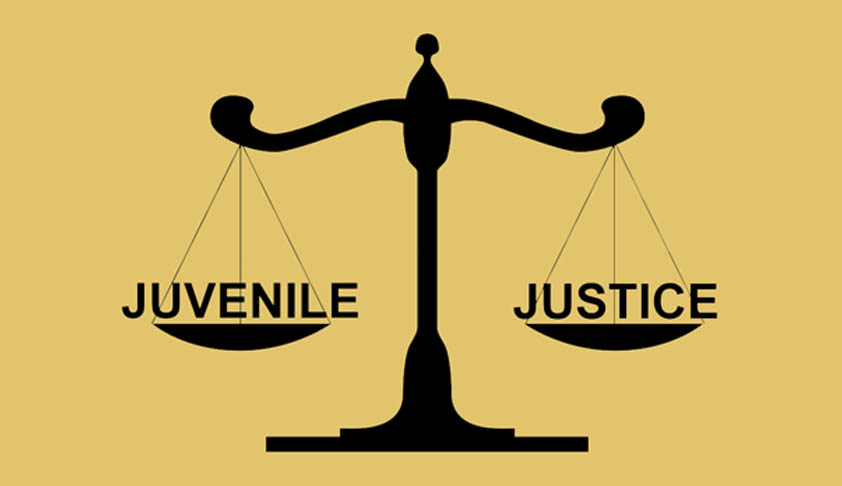- Home
- /
- Cover Story
- /
- A New Juvenile Justice Act is...
A New Juvenile Justice Act is Coming ; Ministry Invites Comments
Apoorva Mandhani
20 Jun 2014 5:02 PM IST
The demands for amendments to the Juvenile Justice (Care and Protection of Children) Act, 2000 (56 of 2000) (JJ Act) have been in the alley for a while now. The protest began in the wake of the brutal Delhi Gang-rape incident, wherein the juvenile who as described as the vilest of the accused, was awarded three year imprisonment, the maximum tenure prescribed under the JJ Act, in a...
Next Story



